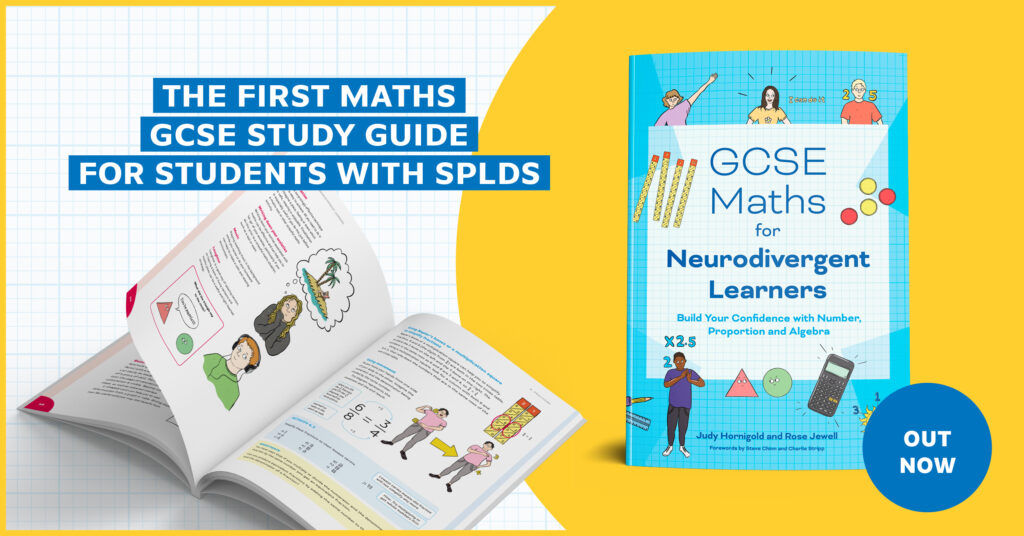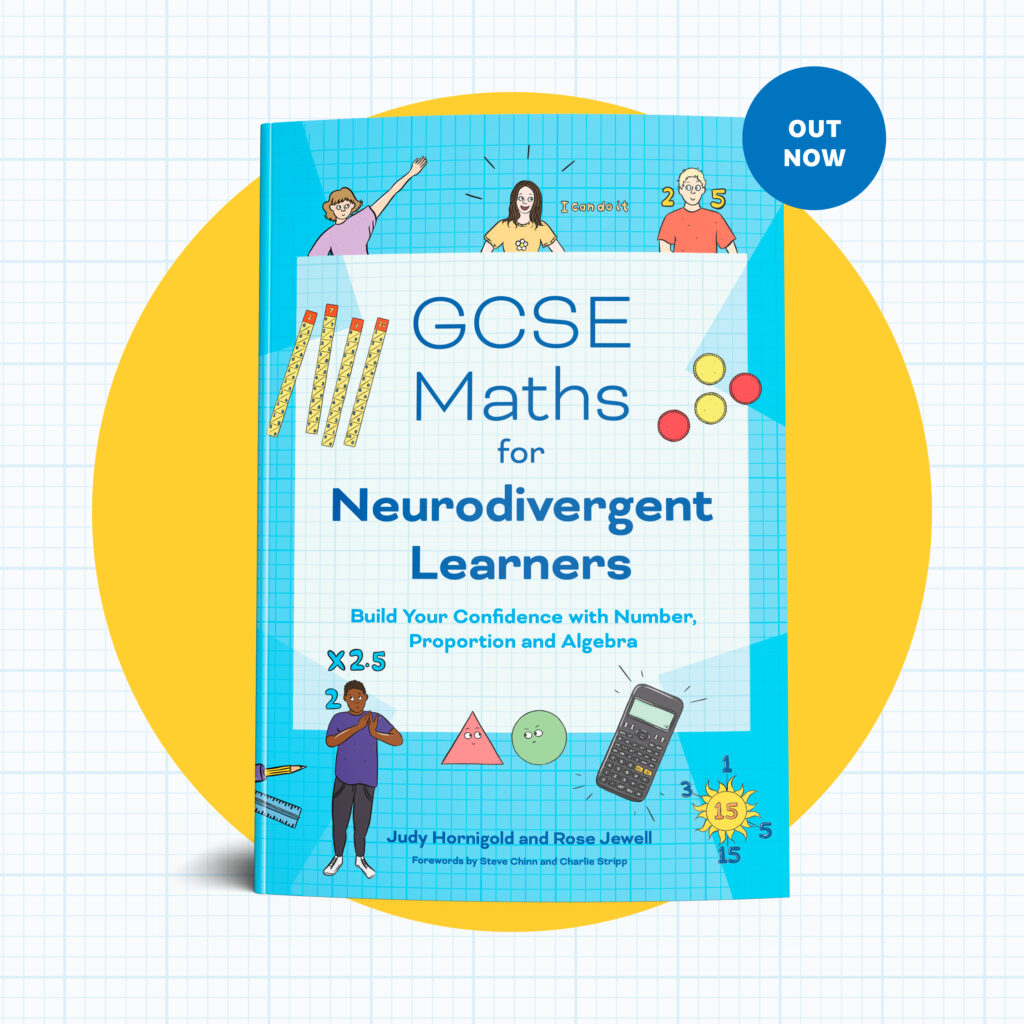GCSE Maths for Neurodivergent Learners

“If a child can’t learn the way we teach, maybe we should teach the way they learn…”
This is a well-used, maybe even well-worn quote, but that doesn’t make it any the less true. It is the driving force behind successful strategies and interventions for many neurodiverse children. In any maths classroom there will be children with dyslexia, dyscalculia, dyspraxia and ADHD, plus many more neurodiverse ways of thinking. It would be fair to say that initial teacher training does little to prepare a teacher to meet the individual needs of all the children they are presented with. It could indeed be argued that all children are neurodiverse. In a class of 30 children, there will be 30 individual profiles and personalities, all with their own strengths, weaknesses and interests. Their attitudes to education and their own self-belief will have been formed and informed by their experience of school up until that point. Teaching would be very simple if every child in the class were identical in every respect, but they are not and that is what makes teaching so challenging and, ultimately, so rewarding.
We can all learn maths, we just need the right environment, the right support and the right mindset
We have all, as teachers, experienced the frustration of just not knowing how to get through to a child. We may have tried several different approaches, but nothing seems to work. In my early days as a teacher, I very naively thought that every child saw maths in the same way that I did. How wrong I was!! I quickly learned that I had to think on my feet and come up with inventive ways of getting my message across, but it was all a bit hit and miss. I don’t think I ever asked the child how they learned, or what strategies worked for them. I was still in ‘teacher knows best’ mode and I believe that was a great disservice to the children that I taught when I was straight out of teacher training. We need to start with the child as they are, not with how we wish or even presume them to be. We need to find out what makes them tick, what their fears are, what their motivators are, and to help them to understand how they as individuals learn best.

GCSE Maths for Neurodivergent Learners has been written to enable children to understand their neurodiversity better and to understand how it impacts on their learning. It explains and explores a range of specific learning differences and encourages the children to develop their metacognitive awareness. Understanding how they learn will make it a whole lot easier for them to learn. The book illustrates the effective use of a wide range of resources and manipulatives, and shows the children how important visualisation is in learning maths. Whilst manipulatives for maths are commonplace in primary school, they are much scarcer in secondary school and if used at all will be often associated with the stigma of ‘having to use the equipment’ something that is reserved for the children that don’t understand. We really need to kick that notion into the long grass and have these simple manipulatives available for all children, all the time. When used correctly, as objects to think with, manipulatives can have a profound effect on a learner and not only in terms of their understanding. Their self-esteem improves, their motivation improves and their mindset changes from a fixed ‘I can’t do maths’ mindset to a ‘I can’t do it yet, but soon I will be able to.’
It is a tall order to expect all teachers of maths to also be experts in SEN – some are, but some are not, and this book provides a wealth of ideas and examples to help teachers understand how their student learns and how best to support them, taking away the fear of maths and engendering a belief that success is achievable. We can all learn maths, we just need the right environment, the right support, and the right mindset.
GCSE Maths for Neurodivergent Learners is out now! Find out more about what this invaluable book has to offer, here.
If you would like to read more articles like this and get the latest news and offers on our books, why not join our mailing list? You may also be interested in our Twitter page or Instagram.